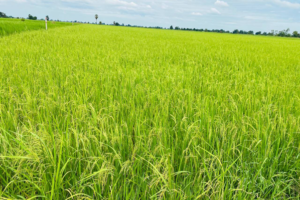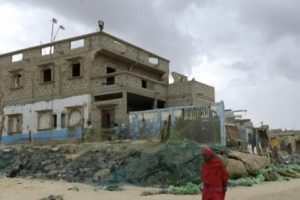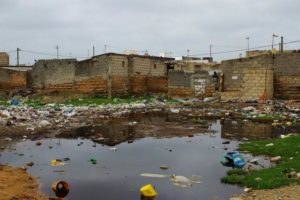
News
Visualising the Climate Crisis
In its most recent report, the Intergovernmental Panel on Climate Change (IPCC) (2021) concludes that human activity is changing the climate in unprecedented and sometimes irreversible ways. Defined as a “code red for humanity" by UN Secretary General António Guterres.
Yet whilst the climate crisis may be one across the globe, the impacts are not felt in the same manner, with those who contributed least to the climate crisis feeling the impacts the most due to ongoing global socio-economic inequalities.
Given this diversity in impact and the ambiguities in understandings of the climate crisis, four case study countries were selected by the #ClimateOfChange consortium to examine the complex nexus between the climate crisis and human mobility.
Guatemala, Senegal, Kenya and Cambodia:
The multidisciplinary research team of the University of Bologna adopted, among other quantitative and qualitative tools, visual methods as a means to try and challenge stigmatized representations of the climate crisis and so-called climate migrants as victims or threat. An innovative ‘climate diaries’ methodology (Giacomelli & Walker, 2021) was adopted by asking participants in each case study country to share photos and perceptions of the climate crisis over a four-week period through a WhatsApp group. In this way, visualizing the impact on the lives and livelihoods of those on the front lines of the climate crisis.
30 people participated in each group and every week would receive a question to answer visually with one to five photos and a short explanation. Participants chose which questions to answer and which not. The question on mobility was the hardest for people to answer; many chose not to. The idea was to provide personal stories, co-constructed by participants themselves, to evidence the diversity of experiences and understandings of the climate crisis and its complex connection with migration.
What emerged powerfully from the images shared is how the climate crisis is not a future threat for participants, but a devastating force in the here and now of their everyday lives. Yet a force that is not purely ‘natural’, but instead intertwined with structural political, economic and cultural factors that worsen the impacts of the climate crisis upon everyday lives. Here are a selection of responses from participants, whom we thank for their precious time.
















